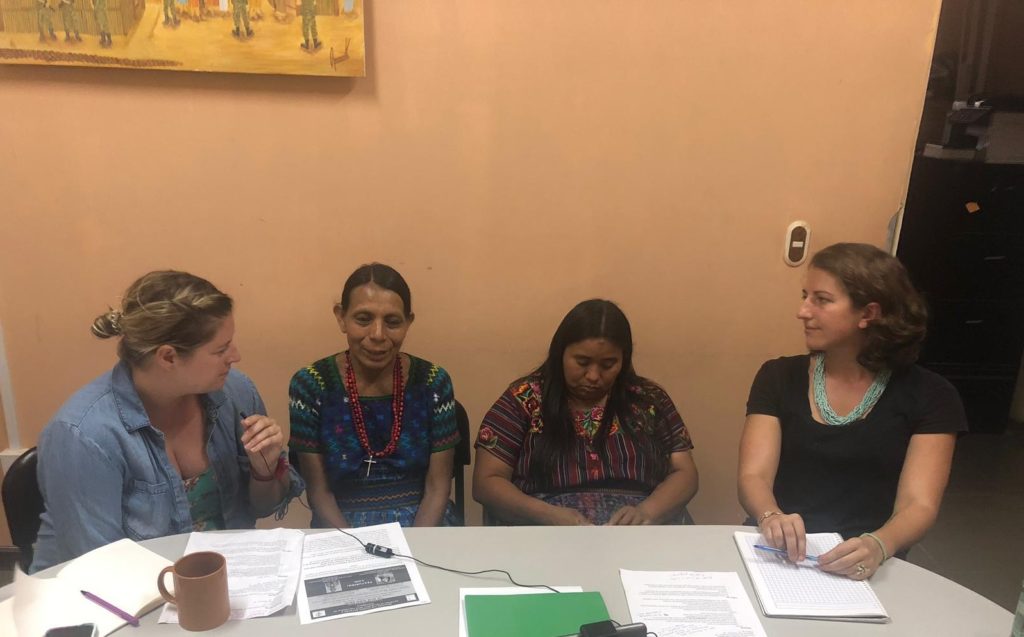
Maya Achi Survivor Paulina Ixpata Alvarado and Maya Achi lawyer Gloria Pérez speak about their experiences working for justice.
On two warm afternoons in Rabinal, Paulina Ixpata Alvarado and Gloria Pérez joined NISGUA, Breaking the Silence Maritimes Network, and a host of callers from the U.S. and Canada to speak about their experience bringing forward the Maya Achi Sexual Violence case. We thank those who joined us during the webinars!
Ixpata, a Maya Achi survivor and witness, as well as the president of the Rabinal Legal Clinic, explained her participation in the case saying, “If we don’t search for justice, if we don’t tell what happened to us, it could happen again.”
Ixpata also talked about the importance of working for justice as a collective:
It’s important to organize as a group because if just one person talks about what happened, they won’t listen to you. But as a group, we have gotten to know each other and we trust each other. It’s not very easy for women to share about sexual violence they suffered, because they feel ashamed. But the Rabinal Legal Clinic has helped us feel better talking about this. Before I felt ashamed, but now I feel like it’s [those responsible] who should be ashamed.
Pérez, a Maya Achi lawyer representing the women, highlighted the historical and present day importance of the case. A conviction for sexual violence committed by the military during the Internal Armed Conflict would be only the second of its kind, following the historic 2016 Sepur Zarco sentence for sexual and domestic slavery. Pérez shared why these precedents are so important:
[These sentences] motivate women to report the crimes that occurred against them during the Internal Armed Conflict. It sets the precedent that violence against women will be punished… More than anything we hope that these sentences will ensure that the same violence against women is never repeated.
Pérez also spoke about her experience as a Maya Achi woman on the legal team, saying:
There are few women lawyers in Guatemala, and even fewer Indigenous Maya women lawyers. So it’s been a beautiful experience to support these women. I understand their culture, their language, and when I talk about the case I feel like these women could be my mother…I feel like they could be me.
To hear more about
- the challenges the women have faced in bringing the case forward,
- the solidarity and mutual support among Indigenous women survivors of sexual violence, and
- how the international community can stand in solidarity with the women
check out the video of the English language webinar below!
If you would like to stand in solidarity with the more than 30 Maya Achi women as they seek justice for sexual violence, please take action in Breaking the Silence’s photo campaign today! Take a selfie with the message, “Si hubo genocidio y violencia sexual en Rabinal,” or “Justice for Achi Women,” or with a message of your own. Share it by email to martha@nisgua.org or btscoordinator@gmail.com to make sure that the women see the worldwide support and solidarity with their work for justice.
Through participation in ACOGUATE, NISGUA has provided long-standing accompaniment to the Rabinal Legal Clinic and the more than 30 Maya Achi women bringing the case forward. Accompaniers provide presence in communities, trials, and travel. We call on you to support our continued accompaniment presence with the women and ongoing coverage of their work for justice.






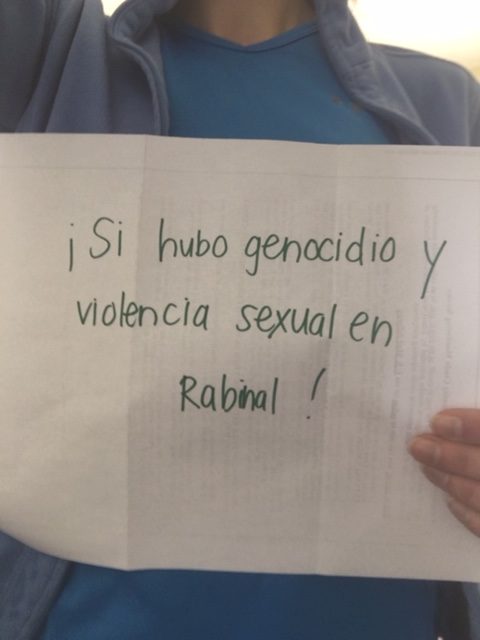













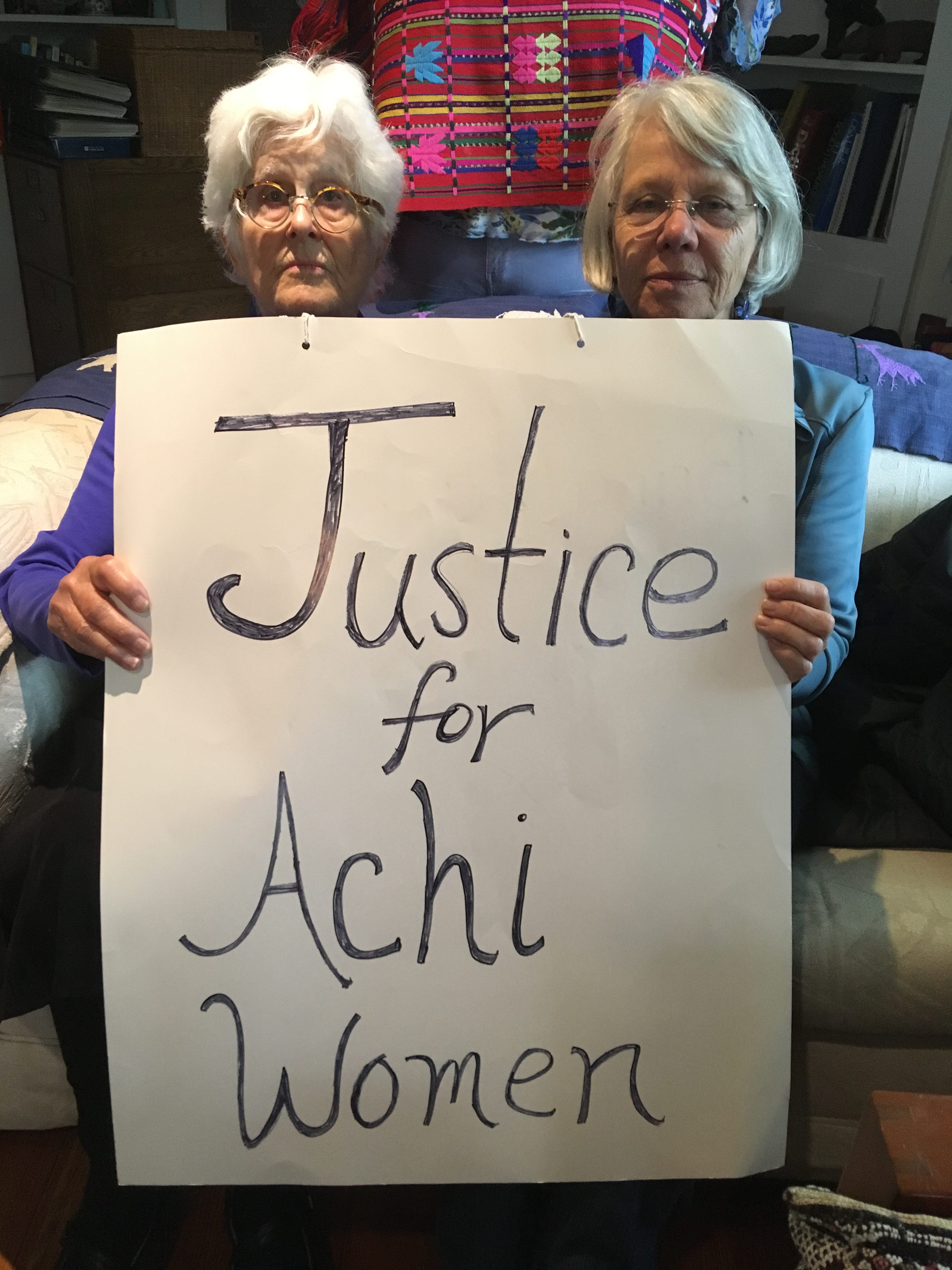




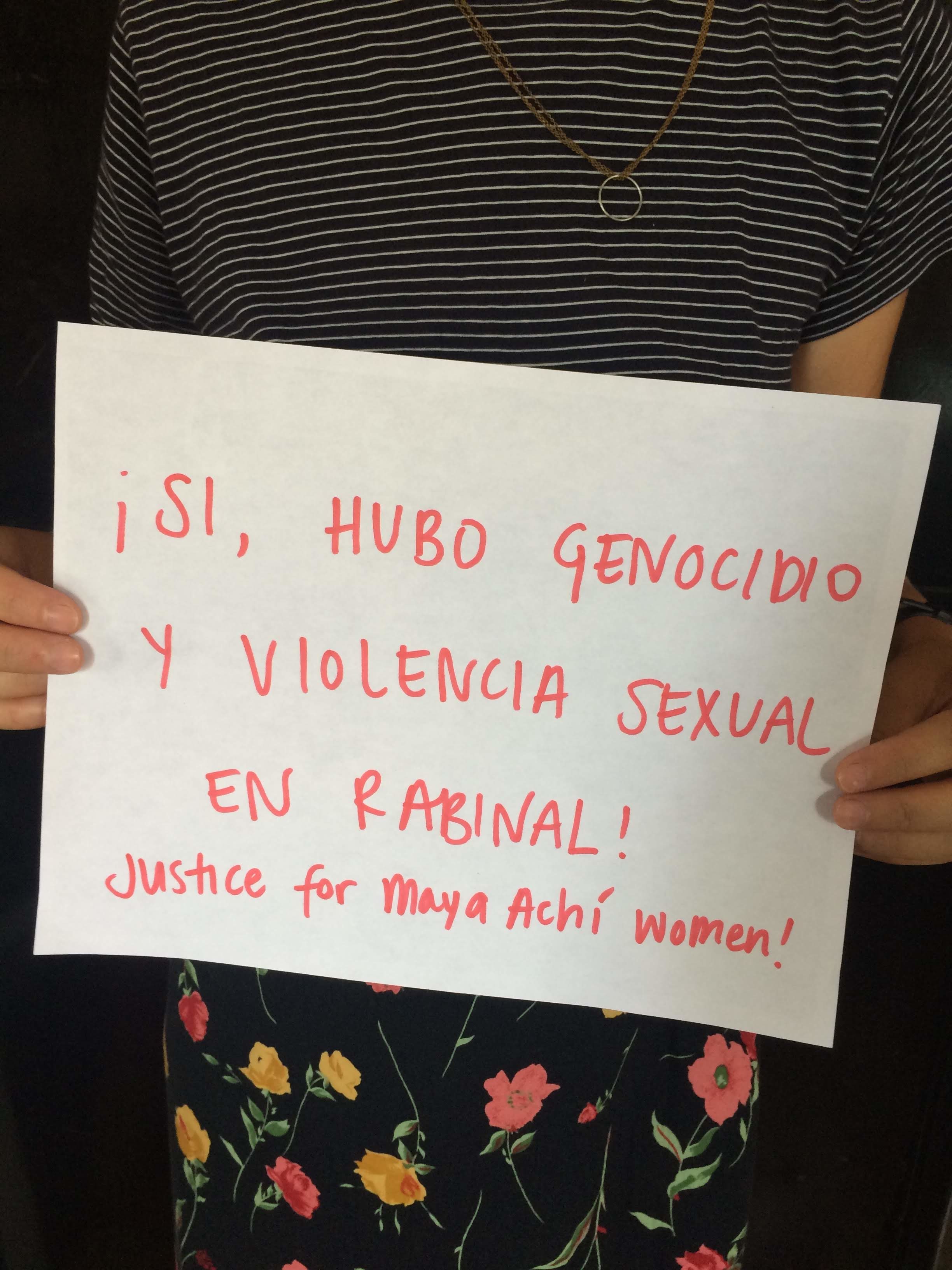
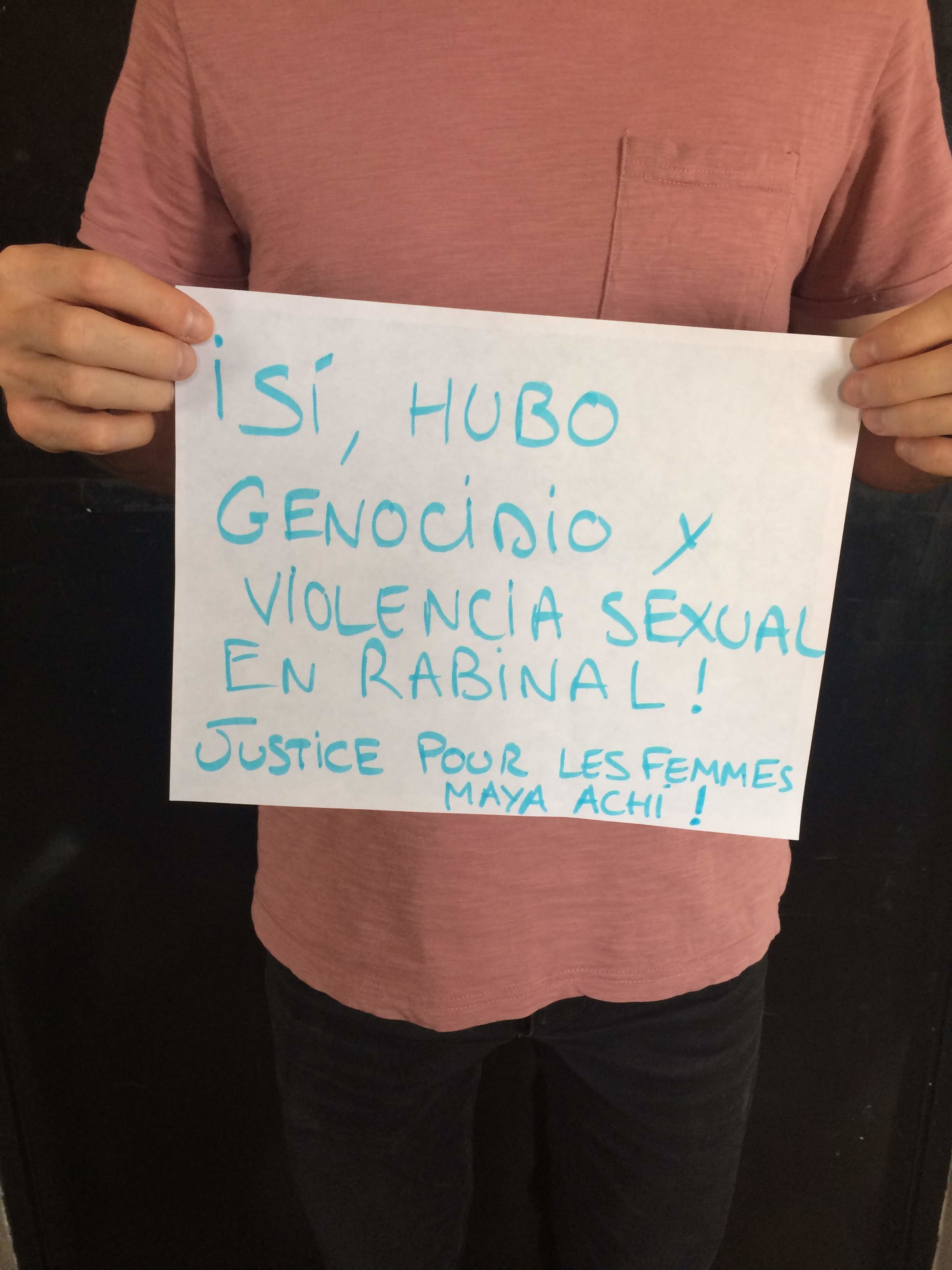



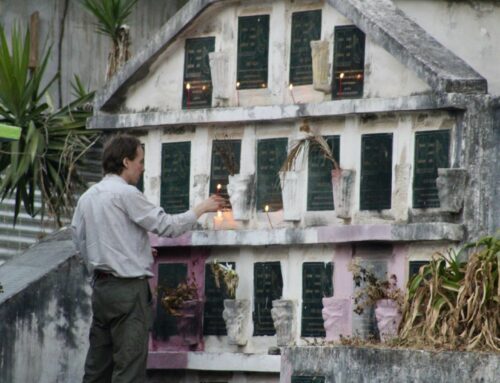

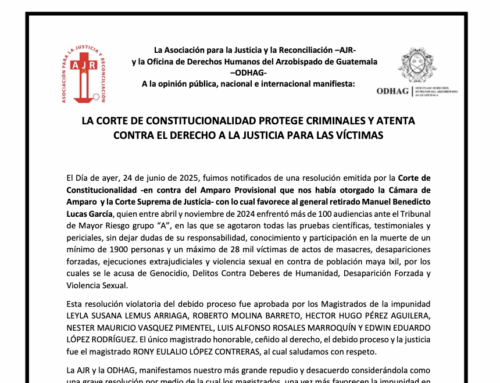
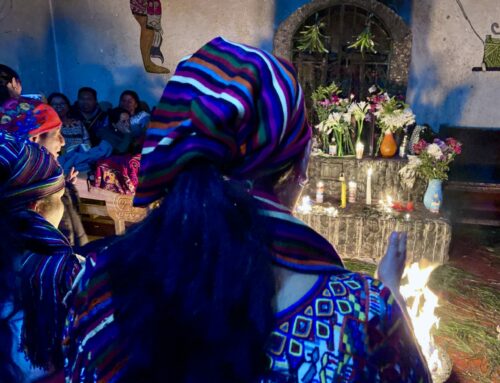
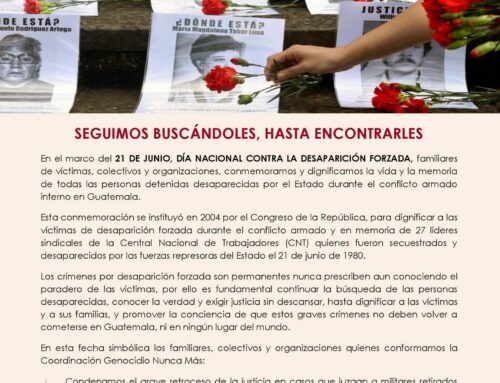
Leave A Comment